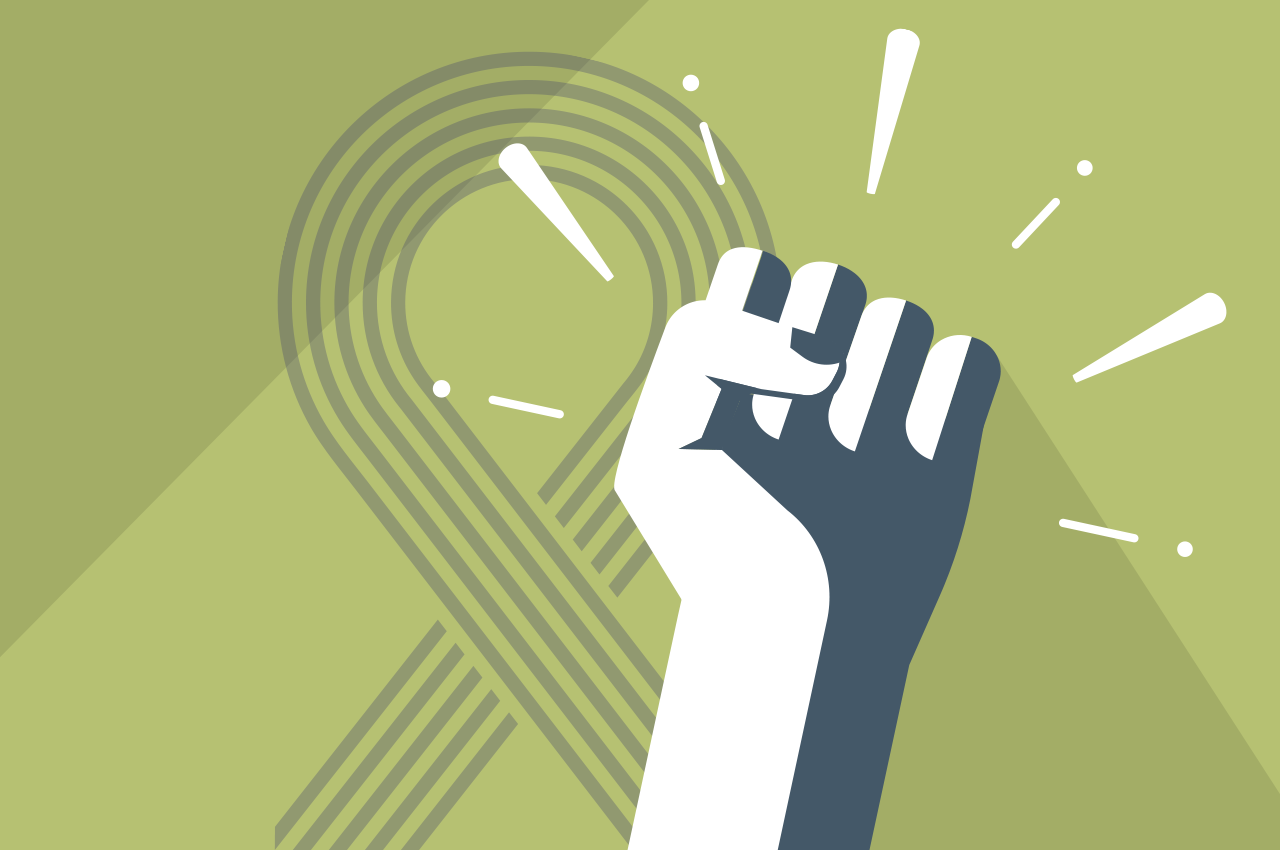Cancer is a disease that begins when genetic changes interfere with your body’s normally ordered process. Cells start to grow uncontrollably, sometimes grouping together to form a mass called a tumor.
Some types of cancer don’t form a tumor. These include leukemias (cancer of the blood), most types of lymphoma (cancer that begins in the network of vessels through which lymph drains from the tissues into the blood), and myeloma (cancer of the plasma cells that usually forms in the bone marrow).
Surviving cancer at a young age
Zhakier Adams is a 21-year-old childhood cancer survivor from Cape Town. He was diagnosed with leukaemia at the age of 13. After a few occasions of losing his balance and not being able to walk or stand for a few minutes, he went for an examination and the doctor diagnosed him with cancer.
Adams was in and out of the hospital for months. For three long years, he endured various treatments which included radiation therapy, chemotherapy, X-rays and blood transfusions.
To date, he had been in remission for four and half years now, which means that tests, physical exams, and scans show no signs of cancer in his body.
With the support of a local cancer foundation, CHOC Childhood Cancer Foundation, his parents and his family, he received the support he needed to survive his journey. According to the Cancer Association of South Africa, between 800 to 1 000 children in South Africa are diagnosed with cancer each year. However, it’s estimated that half of the children with cancer in SA, are never diagnosed.
The five childhood cancers in South Africa include:
- Leukaemia.
- Lymphoma (tumours that begin in the lymph glands).
- Brain tumours.
- Nephroblastomas or Wilms tumours (cancer of the kidneys).
- Soft tissue sarcomas (tumours that begin in the connective tissue).
Dealing with cancer in the family
Your loved ones and friends will be significantly affected by changes that come with a cancer diagnosis.
Tips to help cope with a loved one’s cancer diagnosis:
- Talk to each other about everything that’s happening.
- Ask the doctor questions at your next appointment. Write down the doctor’s instructions and advice if necessary.
- Be prepared for your loved one’s behaviour and mood to change. Medications, discomforts, and stress can make the person depressed or angry.
- Encourage your family member to be active and independent to help regain a sense of self-reliance and confidence.
- Don’t hesitate to ask other family members and friends for help. They will appreciate the opportunity.
- Be sure to also take care of yourself. Get enough sleep and eat right. It’s hard to offer help when you’re feeling fatigued yourself.
References:
- https://www.goodthingsguy.com/people/zhakier-adams-cancer-survivor/.
- https://www.cancer.net/navigating-cancer-care/cancer-basics/what-cancer
- https://www.cansa.org.za/types-of-childhood-cancer/
- https://www.webmd.com/cancer/remission-what-does-it-mean
- https://www.macmillan.org.uk/information-and-support/coping/your-emotions/someone-close-has-cancer/feelings-looking-after-someone.html#307490

